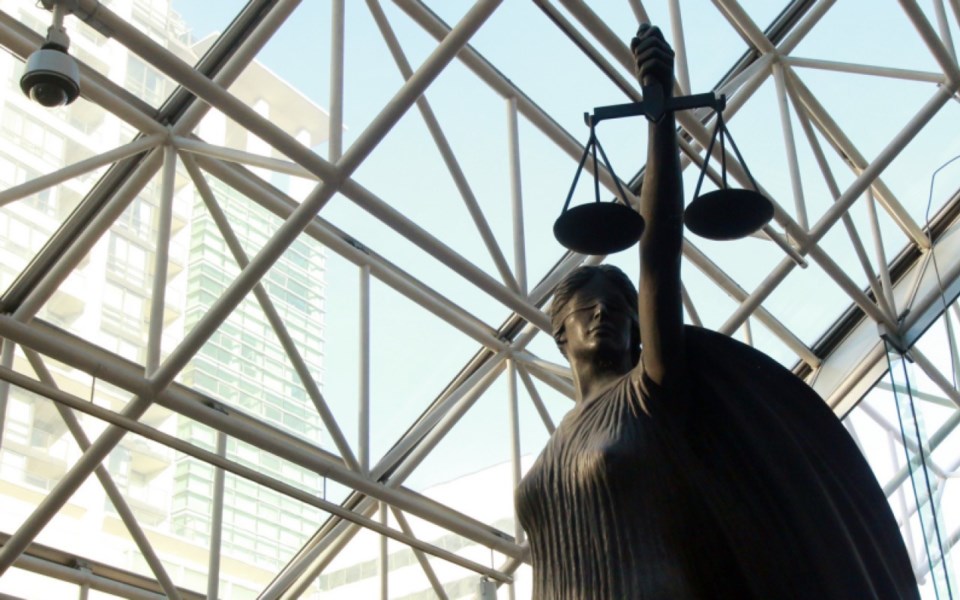B.C.'s Ministry of Justice doesn't have to disclose lawyers' emails to a man who claims land claims negotiations are a conspiracy between the federal and provincial governments.
"John English claims he and his family have been the subject of a 'criminal conspiracy' carried out by British Columbia and Canada," an Oct. 18 Supreme Court of B.C. ruling said.
"This conspiracy has included, among other things, acts of violence including attempted murders, unlawful trespass and wilful destruction of property," the court ruling explained.
"According to Mr. English, the objective of the conspiracy is to acquire the lands owned by Mr. English, his family and his businesses," Steeves decision said.
English wanted the emails to prove the conspiracy.
The Office of the Information and Privacy Commissioner (OIPC) in a 2016 order said the government had to disclose parts of the communications. The government appealed the decision.
The background to the petition to have an OIPC order overturned, said Justice John Steeves, is that B.C. and Canada were in negotiations with a First Nation for "land and cash."
In early 2009, lawyers for British Columbia and Canada were involved in discussions about an offer of land and cash to the unnamed First Nation.
In January 2009, a federal government lawyer wrote an email to two B.C. government lawyers. The same day, the email was forwarded by one of the B.C. lawyer recipients to a person drafting documents and negotiating on behalf of B.C. with the first nation.
The commissioner ruled in 2016 the email was not protected by solicitor-client privilege and ordered the province to give it to English.
That order said the land is in the Tofino area.
Other related emails were not subject to the disclosure order.
B.C.'s Ministry of Justice appealed the order to the court.
There, Steeves found all the emails were covered by solicitor-client privilege. He said the decision dealt fully with the dispute and there was no need for the case to be returned to the commissioner's office for re-assessment.
@jhainswo




